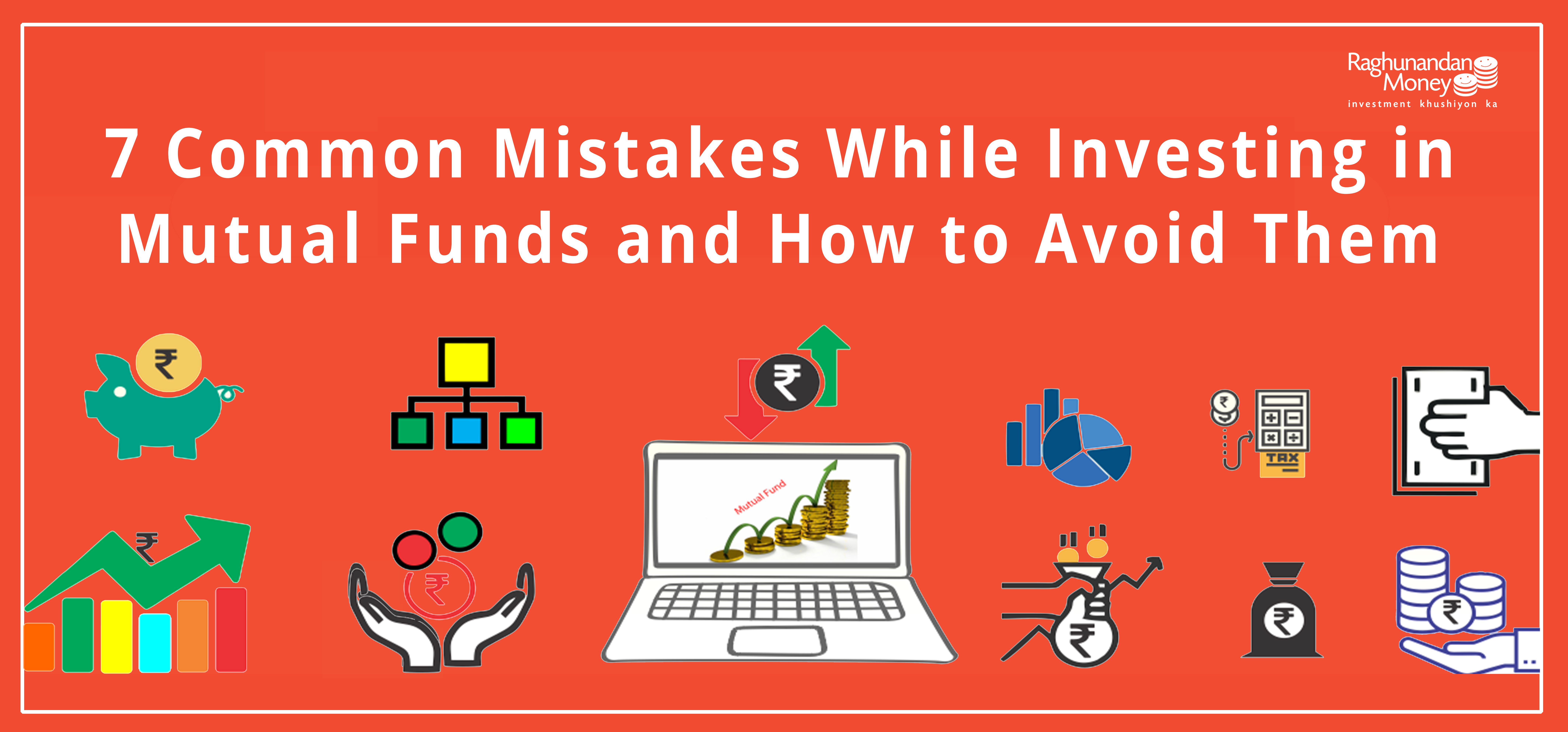Published : January 9, 2021

Mutual Fund investments have become the talk of the town lately. Many people who earlier preferred investing in traditional investment avenues like PPF and Bank FDs are now rigorously shifting towards investing in Mutual Funds.
If you are someone who lacks good knowledge of analyzing the securities market, then instead of directly investing in the stock market, you should invest in Mutual Fund as they are a lot more safe and convenient.
Mutual fund investment is a wonderful way to meet the desired goal and can be easily started with a minimum investment amount of as low as Rs.500 per month.
It is true that mutual funds are some of the most common and trusted investment options currently in the financial markets. However, any investment avenue that involves your hard-earned money should proceed with extra caution and the same holds true for mutual fund investments as well.
Though mutual fund investments have several advantages to offer to the investors, many investors, especially the novice investors are bound to make mistakes that can dampen their investment objectives. Hence, it is important for you as an investor to be aware of the common mutual fund investment mistakes so that you can avoid them beforehand.
Here are some of the common mutual fund investment mistakes and how they can be avoided by the investors.
AMFI came up with a very popular campaign “Mutual Funds Sahi Hai” two years back with the objective of creating awareness about mutual funds among the investors and to bring more investors to the stock market.
However, this does not mean that an investor can follow the scheme blindly and make no mistakes. Mutual funds, just like any other investment avenue, are subject to market risks and thus it is important for the investors to take all the necessary cautions before investing in mutual funds. Also, it is important for investors to keep in mind that mutual funds help in generating wealth in long term and hence are not a short-term wealth creation investment option. Conduct the required research before you put your money in mutual funds and set your financial goals in advance and you are good to go.

Enjoy flexible trading limits at
lowest brokerage rates ?
Open Your Investments Account Now
0Account Opening Charges
Life Time Demat AMC
Brokerage







Ensure the security of your investments by updating your nominee details in your trading & demat account online. It’s quick and hassle-free!
📌 Act Now to Stay Compliant
For assistance, contact our Customer Care at 0562‑4266666 and email askus@rmoneyindia.com.

IT'S TIME TO HAVE SOME FUN!
Your family deserves this time more than we do.
Share happiness with your family today & come back soon. We will be right here.
Investment to ek bahana hai,
humein to khushiyon ko badhana hai.
E-mail
askus@rmoneyindia.com
Customer Care
+91-9568654321